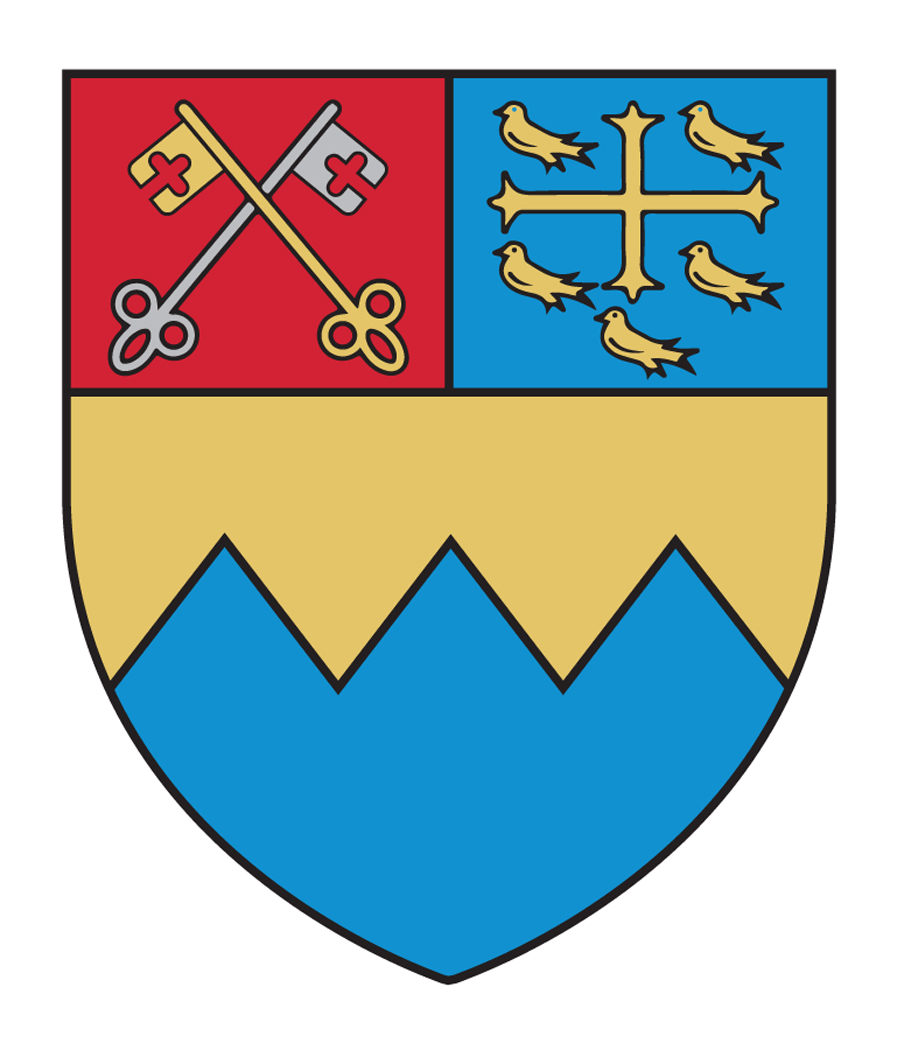
Fr Gabriel's Homily 28 June 2020
ST PETER AND ST PAUL
Welcome
On this solemnity of the apostles St Peter and St Paul, I welcome you to Mass on behalf of Fr Abbot and the monastic community. I am Fr Gabriel. We look forward from next week to some restoration of public Masses and the reception of Holy Communion for the faithful, albeit that the Sunday Mass obligation remains suspended. We will be publishing details of provision here in the Abbey Church and in our parishes on the website in the course of this week, with an indication of guidelines to be followed. We will, however, for the time being, maintain our video alongside the audio streaming. I would like to take this opportunity to thank you for very many expressions of appreciation and support we have received by different means in these days regarding this provision, and we have noted positive and constructive suggestions where possible. God bless you all.
Homily
We celebrate today the martyrdom of St Peter and St Paul, their witness. This martyrdom, this witness, began with their call, when they were called by Christ to follow him and their lives were turned upside down, Peter turned from his life as a fisherman, Paul turned from his life as a zealous persecutor of the Christian way.
They were called to bear witness in words. So St Peter in today’s gospel at Caesarea Philippi, spoke for himself and the Twelve when he said in answer to the question ‘But who do you say that I am’, ‘You are the Christ’, that is the Messiah, ‘the Son of the Living God’.
St Paul in today’s second reading, from his second letter to Timothy likewise writes thus of his witness in words: ‘the Lord stood by me and gave me power, so that through me the whole message might be proclaimed for all the pagans to hear’. We in our turn like them are called to be martyrs, witnesses, and to speak out and to proclaim the word of the Lord, in season and out of season, welcome or unwelcome, as St Paul says a little earlier in that same chapter of the second letter to Timothy.
For both St Peter and St Paul, their witness was often enough unwelcome. In the first reading this morning, for example, St Peter is chained up and guarded in prison by Herod, who seeks to win favour with the Jewish religious leaders.
St Paul later in the book of Acts, towards the end in fact, bears witness in Jerusalem. Luke writes: ‘Next night, the Lord appeared to him and said, “Courage! You have borne witness for me in Jerusalem, now you must do the same in Rome”’ (Acts 23:11). Before leaving for Rome St Paul appears in chains before the governor Felix and then King Agrippa. As with Peter, so for Paul there are chains. Agrippa hearing Paul’s proclamation says to Paul ‘A little more and your arguments would make a Christian of me.’ Paul replies ‘Little or much, I wish before God that not only you but all who are listening to me today would come to be as I am – except for these chains’. (Acts 26:28-29).
For both Peter and for Paul, their martyrdom, their witness was to death: their words, their faith, led them to a self-offering of their very lives. The death of neither is narrated in the New Testament, but rather we find hints and the explanation of the meaning. St Paul in the second reading writes: ‘my life is already being poured away as a libation’.
Of St Peter, we hear at the end of the gospel of John an oblique reference to crucifixion. For the Lord, who turned Peter upside down by his call, Peter is finally, according to the tradition, turned upside down to be crucified. John’s wording is challenging for us, because it points not just to the story of Peter but to ours, our martyrdom, our witness, the turning upside down the Lord maybe yet has in store for us.
This is the challenge. It could be the worst possible news. But in today’s gospel from St Matthew, Peter is promised by the Lord that the gates of the underworld will not prevail against the Church which is built upon his profession of faith. St Paul in our second reading writes ‘The Lord will rescue me from all evil attempts on me and bring me safely to his heavenly kingdom. To him be glory for ever and ever’.
Today’s responsorial psalm was chosen to follow on from the first reading, the rescue of St Peter from Herod’s prison by the angel, but it points to a deeper rescue than from any earthly prison and to a promised banquet: ‘The angel of the Lord is encamped / around those who revere him, to rescue them. / Taste and see that the Lord is good. / He is happy who seeks refuge in him.’ Our hope and our longing is for what is yet to be, for salvation and for the banquet in which we come to taste the bread of life, the goodness of the Lord.


